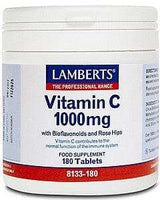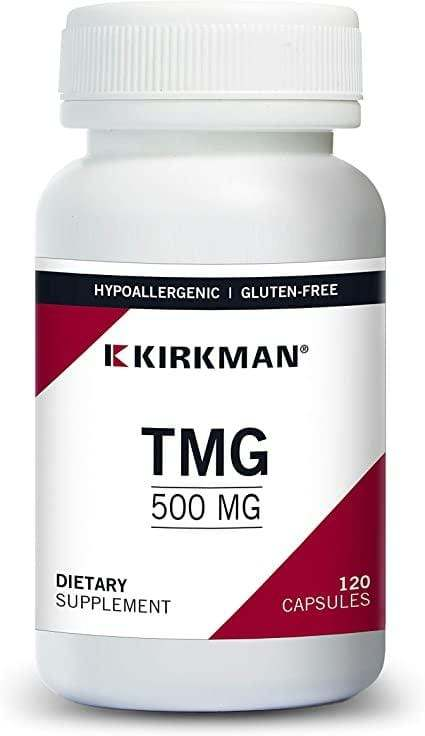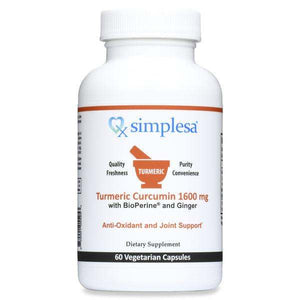Who should get a hepatitis b vaccine?
.png?v=1670863479071)

Related products
What’s covered?
Who should get a hepatitis b vaccine?
What is hepatitis?
The inflammation of the liver is called Hepatitis. The function of the liver can be impacted by inflammation or injury. Hepatitis can be brought on by excessive alcohol consumption, pollutants, some drugs, and specific medical problems. However, it is frequently caused by multiple viruses. The three most prevalent hepatitis viruses are hepatitis A, hepatitis B, and hepatitis C.
Three major viruses are responsible for liver diseases known as hepatitis A, B, and C. Each can produce identical symptoms, but they grow differently and have different effects on the liver. Typically, hepatitis A is a transitory infection. Although hepatitis B and C can also start as transient infections, in certain individuals, the virus can stay in the body and lead to chronic or persistent infection. Hepatitis A and B are both manageable with vaccines. However, hepatitis C does not have a vaccine. To detect viral infection in your body, our Welzo store provides hepatitis blood test.
Acute hepatitis B infection
Acute hepatitis B is a condition that develops within the first six months after exposure to the hepatitis B virus. Some patients of acute hepatitis B develop only minor symptoms or none at all. Acute hepatitis B in some people results in a more serious infection that demands hospitalisation.
Chronic Hepatitis B
Certain patients, particularly those who contract the virus as adults, can independently rid their bodies of it. Others who contract acute hepatitis B develop chronic hepatitis B, a lifetime infection. Chronic hepatitis B can result in fatal liver damage, cirrhosis, liver cancer, and other major health issues over time.
The possibility of chronic hepatitis B depends on age. The likelihood of having chronic hepatitis B infection increases with age when a person first contracts the virus. Nine out of ten newborns who develop an infection go on to have a chronic, persistent infection. As children get older, the risk decreases. Contrarily, the majority of older children and adults who have the hepatitis B virus fully recover and do not go on to develop a chronic infection.
Hepatitis B spread
When hepatitis B-infected blood, semen, or other bodily fluids enter the body of someone who is not already affected or who has not had the necessary vaccinations, then hepatitis B is transmitted to the normal individual.
Hepatitis B is transmitted in the following way
- During birth to the baby from an infected mother
- Sex with hepatitis B-infected mother
- Using syringes, needles, or other tools of a hepatitis B-infected person
- Sharing products like toothbrushes, scissors, or medical tools (such as a glucose metre) with a hepatitis B patient.
- Direct contact with a hepatitis B carrier's blood or open wounds
- Exposure to hepatitis B-infected blood through the use of needles or other sharp objects
Who is at higher risk for hepatitis B?
Although everybody can acquire hepatitis B, the following groups are more susceptible:
- Babies born to hepatitis B-infected mothers
- People who share razors, injections, and other sorts of drug equipment or who inject substances
- Hepatitis B-positive sex partners
- Those who share a home with a hepatitis B carrier
- Workers in the public safety and health sectors who are exposed to blood at work
- Those who are on dialysis
Who should be tested for Hepatitis B?
When you have a suspicion that you may have been exposed to the hepatitis B virus, contact your doctor or the local health department right away. Hepatitis B infection can be avoided by receiving the hepatitis B vaccine.
The following people should be tested for Hepatitis B.
- People live in an area where hepatitis is common
- Immune-compromised people
- People suffering from chronic diseases such as kidney disorders or heart diseases
- People contacted with hepatitis-positive patients
- All the pregnant women
- All the babies born to hepatitis-positive mothers
How are hepatitis B vaccines made?
By establishing an immunological defence against a protein on the virus's membrane, humans are shielded from acquiring the hepatitis B virus. This surface protein is abundant when the hepatitis B virus multiplies in the liver. The surface protein gene, a component of the hepatitis B virus, is taken and inserted into fungal cells to create the hepatitis B vaccine. The protein is then produced in large quantities by the yeast cells and used to create the vaccine. Children who receive the surface protein in the vaccination develop their immune systems, which attack the hepatitis B virus, protecting them from illness.
In the 1980s, the surface protein of the hepatitis B virus was separated or isolated from the infectious virus to create the first hepatitis B vaccine. Due to the usage of blood, there was a chance that other blood-borne viruses, like HIV, could contaminate the vaccine. Although the early, blood-derived hepatitis B vaccine theoretically carried a danger of HIV contamination, no one ever acquired HIV after receiving the vaccination. This is so that any potential contaminating viruses could be inactivated before being added to the blood used to create the vaccine. Since the surface protein is now produced in a lab, there is no longer a chance of the vaccine becoming contaminated with other viruses.
Who should take the hepatitis B vaccine?
Following people should take the vaccine to protect themselves from the hepatitis B virus.
- Pregnant Women
Many women could be unaware of their lack of current immunisations and susceptibility to illnesses that could affect them or their infant babies. Pregnant women should see their doctors to determine which vaccinations they might require and whether they should receive them while pregnant or after the baby is delivered.
Hepatitis B vaccination can be given to pregnant women who are at high risk for Hepatitis B infection but have negative viral tests. Both before and after birth, it is used to defend the mother and the infant against infection. To develop immunity, a three-dose series is necessary. The second and third doses come one and six months following the initial treatment.
- Immune-compromised patients
All patients on chronic hemodialysis (HD) are advised to get vaccinated against hepatitis B. Vaccination is also advised for CKD patients who have not yet progressed to end-stage renal disease. HD patients are less likely than immunocompromised people to have preventive antibody levels following vaccination with recommended vaccine dosages.
Patients with chronic kidney disease who received the vaccine before reaching the end stage and beginning dialysis have been shown to have higher seroprotection rates. Based on this, more vaccine doses or doses should be administered to HD patients. HD individuals should get tested after receiving the vaccine to see how they react to it. Other immune-compromised patients, such as diabetic patients or cardiovascular patients, also need the hepatitis b vaccine because their
- All newborn babies
If you're like many parents, you might be confused as to why medical professionals advise immunising all kids against hepatitis B. One method of preventing neonatal hepatitis B infection is by immunising infants of hepatitis B-infected parents and deferring immunisation for others, although this method falls short of universal immunisation.
When the hepatitis B vaccine became available, health professionals tried this strategy by immunising a small number of neonates, but sadly it was unsuccessful. Hepatitis B was still sickening far too many kids.
Giving this immunisation at birth can protect newborns whose moms had hepatitis B infections but were unaware of them from developing the disease. Additionally, it avoids the circumstance in which the mother is known to have hepatitis B but the infant somehow skips the hepatitis B injection. This situation can happen if a mother forgets to tell her doctor that she has hepatitis B or if she receives a false negative on a hepatitis B test.
Most critically, young infants who have hepatitis B infections frequently show no symptoms, yet they are nonetheless susceptible to complications with chronic hepatitis In actuality, 90% of infants who have hepatitis before turning a year old go on to contract chronic hepatitis B.
- Healthcare workers
The Centers for Disease Control and Prevention (CDC) advises hepatitis B vaccination for all medical professionals, first responders, and other people who come into contact with blood or bodily fluids while working. Over six months, the vaccination is administered in three doses (0,1 and 6 months). To confirm that healthcare workers have developed a defence against HBV, it is advised that their hepatitis B surface antibody (HBsAb) level be checked 4-6 weeks following the end of the series.
The CDC does not advise routine antibody testing or vaccine boosters once a blood test demonstrates that a healthcare worker is protected. However, the hepatitis B vaccination regimen may differ depending on the medical facility. The full vaccine series should be given again if a person does not produce the protective antibodies after finishing the series.
It is advised that those who have not had the hepatitis B vaccine and believe they may have been exposed to the disease consult with their physician as soon as possible to discuss "post-exposure prophylaxis." The exposed person should receive the first dose of the vaccination plus one dose of Hepatitis B immune globulin (HBIG) as soon as available if it is known that the source of the exposure is positive for the hepatitis B virus (within 24 hours if possible). Afterwards, the second and third vaccination doses may be administered one and six months after the first.
Side Effects of Hepatitis B vaccine
The hepatitis B vaccine is regarded as a fairly secure and reliable injection. The majority of vaccination varieties are even safe for expectant mothers because they are created using an attenuated (dead) virus.
There may be a few minor side effects from hepatitis B immunisation. Erythema, severe allergic reaction inflammation, or discomfort where the injection is administered, are the most typical symptoms. Additionally, some people get a headache or a fever. Usually, these effects only last one or two days.
Order a hepatitis B blood test from the Welzo store here.




































 Rated Excellent by 26,523+ Reviews
Rated Excellent by 26,523+ Reviews